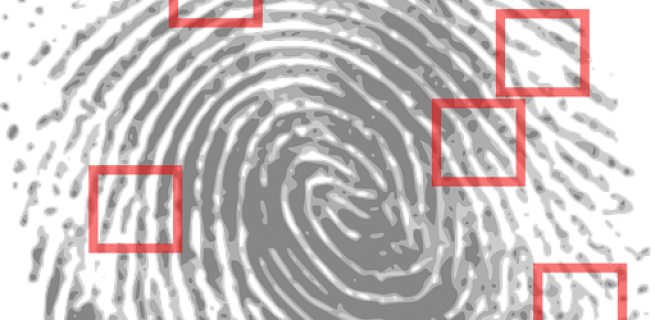
The use of illegal evidence in criminal proceedings is a complex and controversial topic. In general, illegal evidence is evidence obtained by unlawful means that violates fundamental rights and individual guarantees. Such evidence can be excluded from the proceedings in accordance with the principle of exclusion or inadmissibility of illegal evidence.
The exclusion of illegal evidence aims to protect the fundamental rights of the accused and to preserve the integrity of the justice system. It prevents evidence obtained illegally from being used to convict a person, even if it is relevant to the case.
However, there are exceptions to this rule. In some cases, even if the evidence is considered illegal, it may be admitted to the proceedings if its exclusion would lead to a further violation of fundamental principles, such as the principle of proportionality. It is therefore always advisable to consult a specialist lawyer, such as https://rednoticechina.com/services/red-notice/, to assist you based on updated legislation and case law.
What is illegal evidence?
The concept of illegal evidence in a legal context refers to evidence or evidentiary elements obtained illegally, in violation of fundamental rights, legal norms or procedural principles. This evidence is considered illegitimate due to the way it was obtained and may be excluded from the legal process.
This can arise in several ways, such as:
- Violation of constitutional rights: when the obtaining of the evidence involves a violation of fundamental rights such as the right to privacy, inviolability of the home, secrecy of correspondence, among others;
- Obtained by coercion or torture: when the evidence is obtained through interrogation methods or cruel, inhuman or degrading treatment, such as physical or psychological torture;
- Unlawful interception of communications: when telephone, electronic or other communications are intercepted without proper judicial authorization or in violation of applicable legal rules;
- Unlawful access to information or documents: when evidence is obtained through unauthorized access to confidential information or documents protected by secrecy.
The admissibility of illegal evidence in criminal proceedings depends on the legal system of each country.
When is it possible to use illegal evidence in criminal proceedings?
In criminal proceedings, the use of illegal evidence is, in principle, prohibited. However, there are exceptions where illegal evidence may be admitted into criminal proceedings.
The main situations in which illegal evidence may be admitted:
- Theory of inevitable discovery: if it can be demonstrated that illegal evidence could have been obtained by legal means regardless of the illegal conduct, it may be admitted;
- Independent source theory: if illegal evidence was obtained illegally but its existence was already independently known before the illegal conduct, it may be admitted;
- Inevitable evidence theory: if illegal evidence is considered inevitable, i.e. if it would have been obtained anyway, even without the illegal conduct, it may be admitted;
- Proportionality: in exceptional cases where the exclusion of illegal evidence would lead to a disproportionate violation of fundamental principles or unjustified impunity, its use may be permitted.
- It is important to emphasize that the application of these exceptions depends on the analysis of the specific case and the decision of the judges and courts. Each situation must be analyzed taking into account the constitutional principles, the specific circumstances of the case and the reasons for the decision.
It is also worth emphasizing that the admissibility of illegal evidence is a complex issue and the subject of legal debate. Furthermore, case law can change and interpretations can change over time.
Principle of Proportionality
The principle of proportionality is one of the fundamental principles of law, which is applied in several legal areas, including criminal law and criminal procedure law. This principle aims to strike a balance between the interests at stake, avoiding excesses or unnecessary restrictions.
In the context of criminal proceedings, the principle of proportionality aims to assess the adequacy and necessity of measures taken by the criminal justice system, taking into account the fundamental rights of the participants, the interests of society and the pursuit of justice.
The principle of proportionality also plays an important role in the context of illegal evidence in criminal proceedings. This is because when evidence is obtained illegally, i.e. in violation of legal norms or fundamental rights, the principle of proportionality can be applied to assess its admissibility in the process.
Read next: Extortion: Criminal form of extortion, etc.
